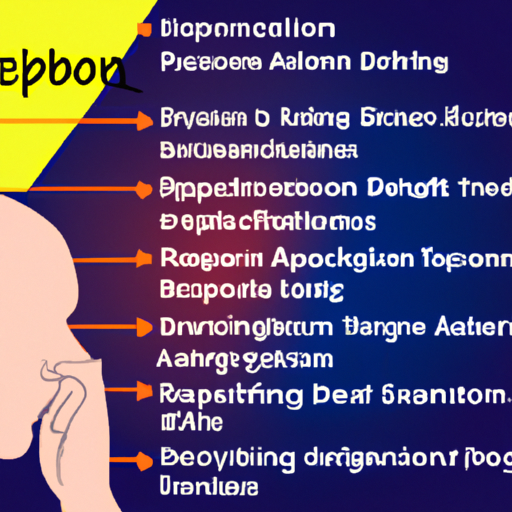Uncategorized
What Triggers Depression Following Alcohol Consumption?
- Understanding the Link Between Alcohol and Depression
- Participate in Clinical Trials for Depression
- How Does Alcohol Affect Our Brain Chemistry?
- Alcohol and Depression
- Prevalence of Depression in Frequent Drinkers
- Common Causes, Signs, and Symptoms of Depression
- Depression After Drinking
- How to Avoid Depression After Drinking
- Managing Depression After Drinking
- When to Get Help
Understanding the Link Between Alcohol and Depression
Alcohol consumption can lead to feelings of sadness, fatigue, or anxiety. This article explores the relationship between alcohol and depression, common signs and symptoms of depression, and ways to avoid depression after drinking.
Participate in Clinical Trials for Depression
Join a clinical trial for depression and gain access to the latest treatments not yet widely available. Be a part of finding a cure.
How Does Alcohol Affect Our Brain Chemistry?
Researchers have long investigated the relationship between alcohol and the brain, especially with the increased prevalence of social drinking. Over-consumption of alcohol has been linked to brain damage resulting in decreased mental function. Recent research has also highlighted negative associations between alcohol use and brain structure.
Alcohol and Depression
Depression is a common mental health disorder experienced in individuals of all ages. Excessive alcohol consumption is likely to increase the risk of depressive episodes. Hangover depression refers to feelings of sadness or low mood after drinking alcohol. Frequent hangovers and feelings of sadness afterwards have been linked to heavy episodic drinking.
Prevalence of Depression in Frequent Drinkers
While there is a strong link between heavy alcohol consumption and increased risk of depression, there is still limited research surrounding large groups of study participants across demographics. Most studies have involved investigating specific groups.
Common Causes, Signs, and Symptoms of Depression
Some common causes of depression include genetic factors, neurodegenerative diseases, traumatic events, lack of social support, financial problems, and interpersonal issues. Signs and symptoms of depression include a reduction in interest or pleasure, changes in energy, fatigue, feelings of guilt or worthlessness, disrupted or disturbed sleep patterns, changes in appetite or weight, and thoughts about death or suicide.
Depression After Drinking
Alcohol is regarded as a depressant of the central nervous system. Depression after drinking can be characterized as alcohol-induced depressive disorder (AUD) that occurs during and after alcohol intoxication. In most cases, AUD should subside after three to four weeks of abstinence from alcohol.
How to Avoid Depression After Drinking
Ways to reduce the risk of getting depression after drinking include drinking water before, during, and after drinking alcohol, keeping a regular exercise routine and eating healthily, avoiding drinking when you’re already feeling low, drinking in moderation or avoiding binge drinking, and employing a drinking buddy to keep you accountable while drinking.
Managing Depression After Drinking
A specialized treatment plan is required for an individual currently experiencing AUD. Pharmacotherapies include FDA-approved antidepressants such as selective serotonin reuptake inhibitors (SSRIs), disulfiram, and naltrexone (oral or injectable). Psychosocial therapies involve a specialist and patient working together to identify problems and strategize how to overcome them in safe and healthy ways.
When to Get Help
If depressive symptoms after drinking are persistent or significantly impact your overall quality of life, it’s important to reach out and get help. Your doctor will likely refer you to a specialist who can recommend a treatment plan to help you manage and overcome depression symptoms after drinking alcohol.

 Skip to content
Skip to content


